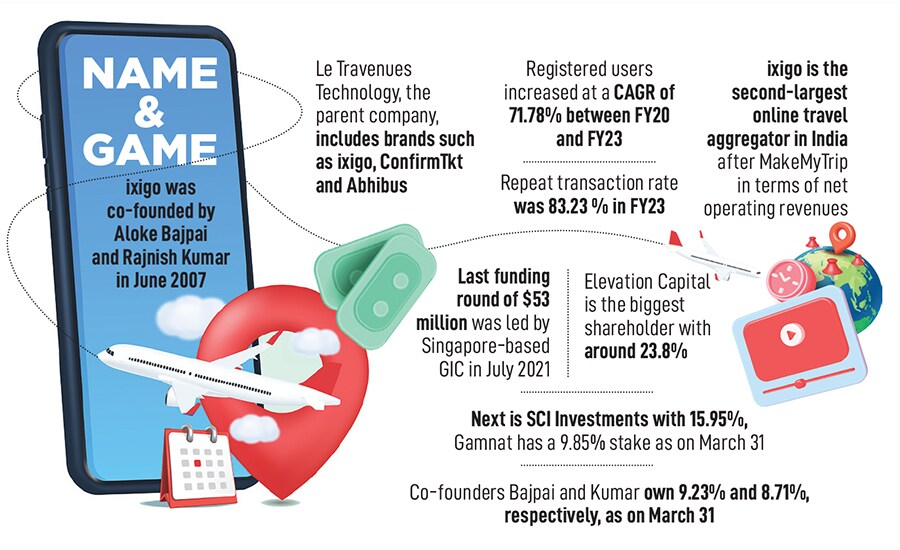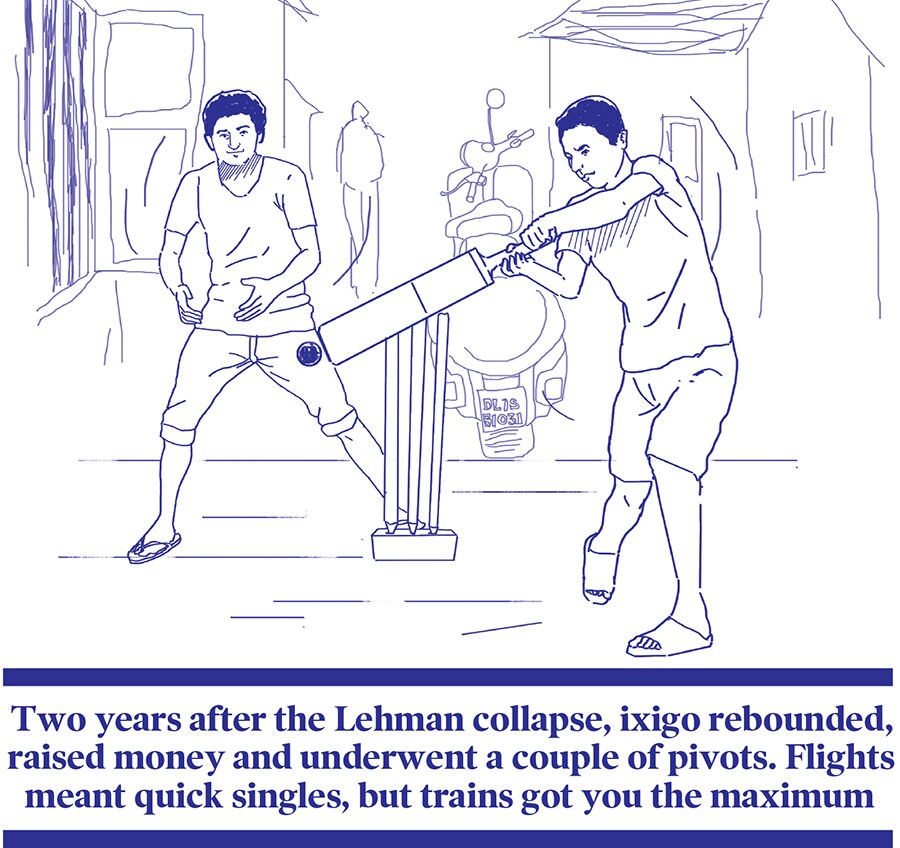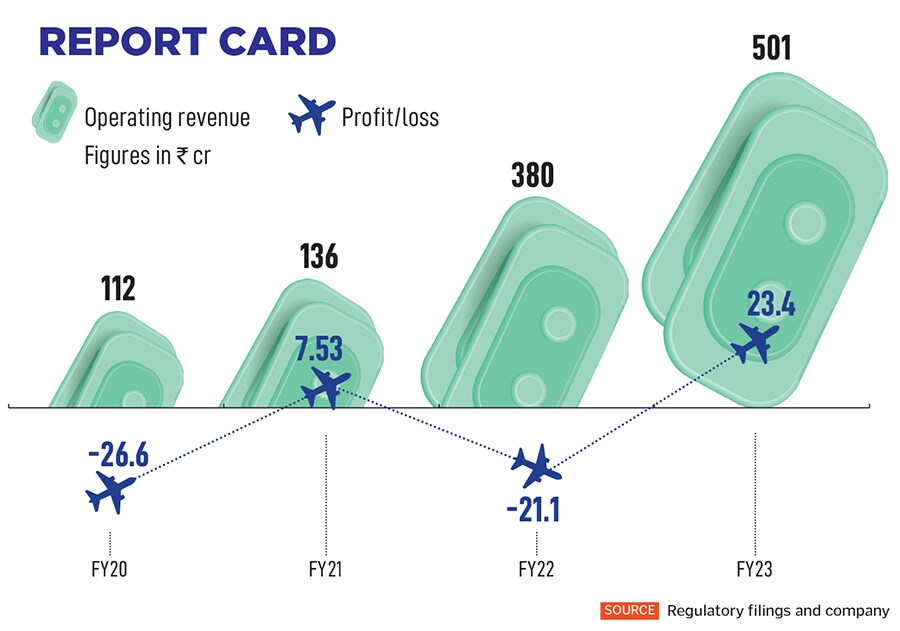
Untapped potential: Why building for Bharat works for ixigo
The roller-coaster ride of Aloke Bajpai and Rajnish Kumar came on the right track when they started criss-crossing Bharat on trains and buses. A decade later, they are driving ixigo towards the IPO station
 Aloke Bajpai, co-founder and group CEO, ixigo, plays gully cricket—something that he would regularly do as a child in Kanpur, Uttar Pradesh
Image: Madhu Kapparath
Aloke Bajpai, co-founder and group CEO, ixigo, plays gully cricket—something that he would regularly do as a child in Kanpur, Uttar Pradesh
Image: Madhu Kapparath
Bengaluru, 2007. The pitch meeting was all set to start. On one side of the table, there was this venture capitalist (VC) who was loaded with dollars, and arrogance. The IIT grad, on the other side, was brimming with confidence, and humility. The contrasting picture, though, had deep hues of overlap. In terms of demand and supply, both were evenly matched. One had abundant precious dollars, and the other badly needed to inject money into his bootstrapped fledgling venture which was certain to run out of oxygen in a few months.
In skills as well, there was a close tie. The VC was notorious for extracting the best deal for her fund; the engineer from Kanpur, on the other hand, did his MBA from INSEAD and learnt his craft at Spanish multinational travel tech company Amadeus. In terms of report cards too, the ‘seeker’ and the ‘sought-after’ were even-Stevens. Entrepreneurs aspired to have the VC on their board, the maiden venture of the funding aspirant—ixigo—too had an envious start. After a four-year stint with Amadeus, Aloke Bajpai and his IIT-Kanpur batchmate Rajnish Kumar came back to India in 2006, and started ixigo in June 2007. In just seven months of its launch, the meta-search website for flights raced to cross over 1 lakh organic-visitors’ mark.
Meanwhile in Bengaluru, the founder was confident of raising his maiden round of funding. Sadly, Bajpai’s hope dashed within minutes of pitching. “What is your ask?” was the query. “One million dollar,” came a swift reply. “I would be surprised if you ever raise that kind of money,” the VC gave her assessment. The market reality was bitter. A bunch of OTA (online travel aggregators) players such as MakeMyTrip, Cleartrip, Yatra, ibibo and Travelguru had already made a splash, and the cluttered space didn’t have room for one more OTA player. In fact, the problem with ixigo was that it was not even an OTA player when it started. It didn’t sell any tickets. “We used to compare, crawl, and redirect into websites that were selling tickets,” he says, explaining the original business model.
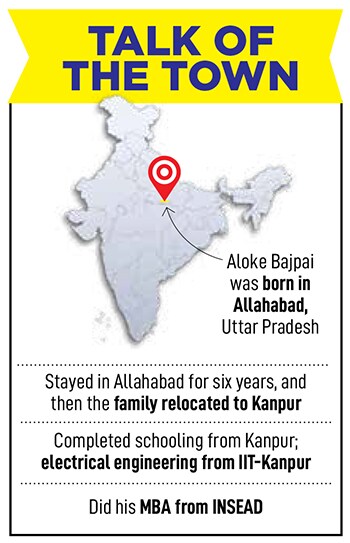
An unknown business model was a problem. First, it was beyond the comprehension of investors as there was no precedent. Second, it was not sure if the model had enough potential to become big. Third, everybody looked for tried-and-tested businesses. “To be honest, we didn’t do enough analysis of the market sizing,” he confesses. In spite of a spate of unticked boxes, Bajpai didn’t expect anybody to tear into the confidence of the founders. This is exactly what the VC did. “Forget funding, I don’t think you will ever make money or grow big,” she concluded.
The brief meeting left a lasting impact. “I went back dejected and couldn’t sleep that night,” Bajpai recalls. The fierce and unrestrained criticism of the business, and unwarranted attack on the founder shattered the self-belief of the greenhorn. “Imagine somebody telling you that you’re not worth anything… it was brutal,” recounts Bajpai, who was born in Allahabad, got relocated to Kanpur after six years, and then his father got an overseas stint of four years at Mombasa, Kenya. The family came back to Kanpur, and his father continued to impart the lessons of self-belief into his lad.




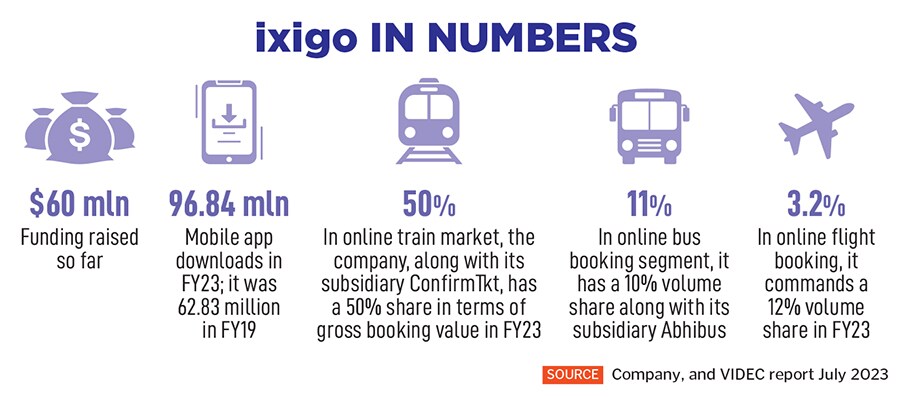 The seeds of self-belief were sown in school. When he was in class 8, Bajpai’s father took him to IIT-Kanpur to give him a dekko of the hallowed institution. “This is one of the best in India. If you work hard, one day you can study here,” he told his young son who was impressed with what he saw. “Self-belief is the key,” underlined his father, who did his masters in Maths. “I found an old IIT application form in his closet,” says Bajpai, who wanted to live the dream of his father.
The seeds of self-belief were sown in school. When he was in class 8, Bajpai’s father took him to IIT-Kanpur to give him a dekko of the hallowed institution. “This is one of the best in India. If you work hard, one day you can study here,” he told his young son who was impressed with what he saw. “Self-belief is the key,” underlined his father, who did his masters in Maths. “I found an old IIT application form in his closet,” says Bajpai, who wanted to live the dream of his father.
